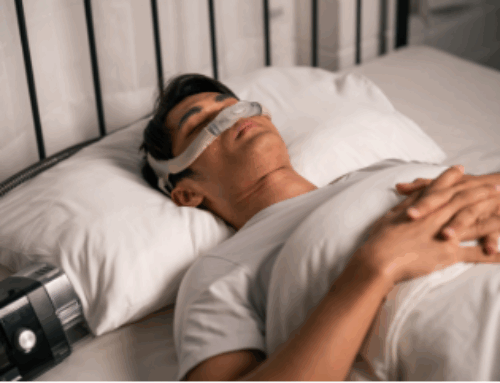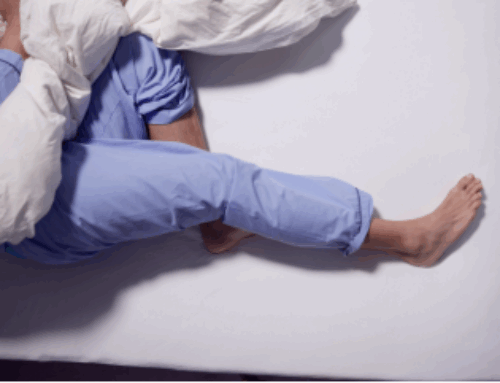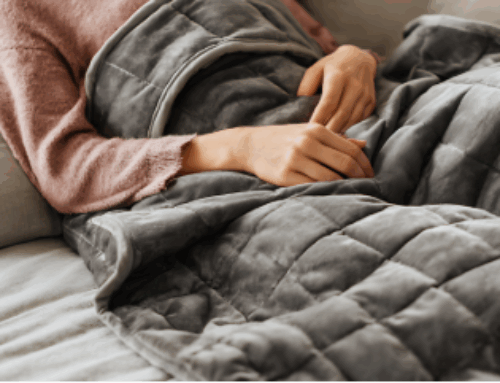Insomnia is the most common sleep complaint, with as many as 35 percent of adults experiencing it at some point in their lives.
If you’re having trouble falling asleep or staying asleep, you may feel fatigued and sleepy during the day. It may not occur to you to restrict your sleep as a way to improve your insomnia. It may seem counterintuitive but sleep restriction therapy is a proven technique that may help you sleep better.
What is sleep restriction therapy?
Sleep restriction is a type of cognitive behavioral therapy (CBT).
CBT is used to treat symptoms of insomnia. It helps you change the thoughts and behaviors that keep you from sleeping well. Also, CBT helps you learn new strategies to sleep better and develop habits that lead to healthy sleep.
There are different types of CBT. Sleep restriction is one of the most common methods to implement in patients with insomnia. Other methods focus on reducing your stress, helping you relax, or teaching you to better manage your sleep schedule and habits.
Scientists believe that spending excessive time in bed may perpetuate insomnia. The additional time spent awake in bed “strengthens the association between the bed/bedroom and wakefulness, anxiety, and frustration.”
When you limit the time spent in bed, you may have more efficient and regular sleep patterns. This is the idea behind sleep restriction.
The sleep restriction method sets strict limits on the time you spend in bed. Initially, the limit used is the same as the amount of sleep you tend to get each night.
For example, you may only get five hours of sleep even though you spend seven hours in bed. Two hours in bed are spent trying to fall asleep or go back to sleep after waking up. In this scenario, your initial limit would be set so that you only spend five hours in bed. This means you are likely to get less than five hours of sleep.
How will restricting my sleep help me sleep more?
Sleep restriction therapy may make you sleepier at first. This is due to mild sleep loss during the early stages of therapy.
You may wonder how more sleep loss will help you when you’re already struggling to get enough quality sleep. While the sleep loss will make you more tired at first, it will also help you fall asleep faster and wake up fewer times in the night.
This allows you to develop a more stable sleep pattern. As your sleep improves, the limit on your time in bed is slowly increased in 15-to-30-minute increments.
Eventually, the goal of sleep restriction therapy is to help you reach the point where you get the amount of sleep you need without sacrificing the quality of your sleep.
Because a sleep restriction program may initially contribute to sleep loss, caution should be taken to avoid drowsy driving.
Get help to treat your insomnia
Many studies have found evidence that CBT helps to improve insomnia. Sleep restriction therapy is commonly used within CBT to treat chronic insomnia, but more research is needed into using it as a standalone intervention.
Keep in mind that CBT is not a quick fix. It requires time, commitment, and patience. Talk to your medical provider to see if one of the methods of cognitive behavioral therapy may improve your sleep.
The Society of Behavioral Sleep Medicine has a directory of behavioral sleep medicine providers who offer CBT.
Medical review by Rafael Sepulveda, MD, DABOM
Authored by:
Kate Robards





